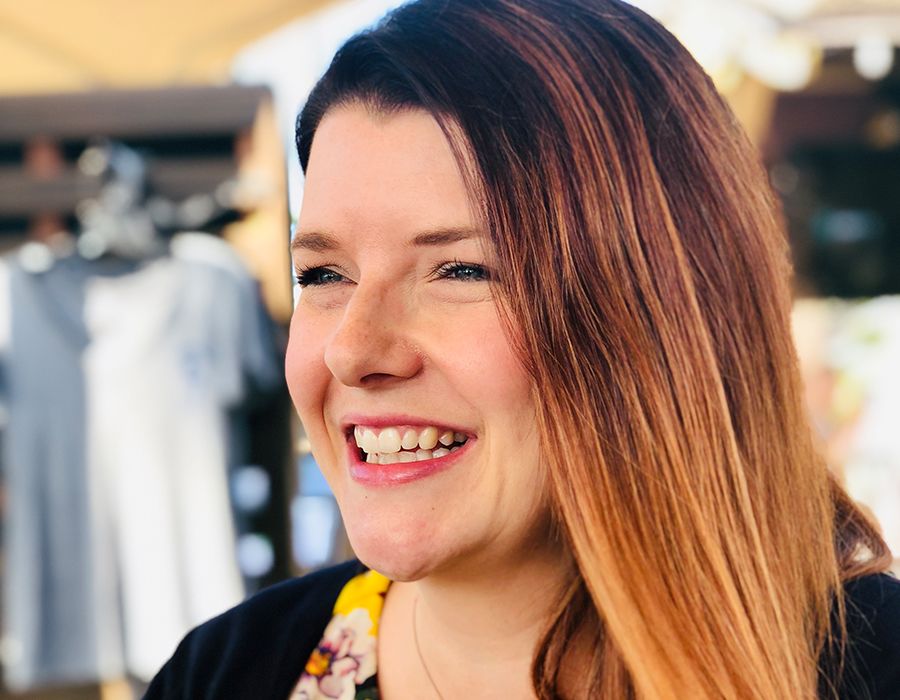This witty one-liner got her thinking though, could it be possible to “outrun” the big C? How much of an impact does diet and lifestyle have on cancer risk and prevention?
She discusses her research with VOLUME and her hopes for the future of cancer analysis.
We are not mice
“We are not mice!”, Mhairi tells a room of leading sport exercise experts as part of her talk at the National Centre for Sport and Exercise Medicine and Faculty of Sport and Exercise Medicine’s inaugural ‘Why is Moving Medicine?’ conference.
It may seem like an obvious statement, yet in the world of cancer research, mice are still used to grow tumours in a bid to mimic what is happening in human patients.
“Even if you put a human tumour in a mouse, it is surrounded by different types of mouse cell types – what we call ‘mouse stromal cells’ – therefore it’s not reflective of the human tumour microenvironment.
“We need to be looking elsewhere if we want to better understand this disease.”

Since graduating with a degree in Medical Biochemistry in 2004, Mhairi has been dedicated to researching and understanding different cancers.
Not a fan of the mice models, she first started to explore what can be learnt from 2D monolayer cultures – cells that are grown in a dish, flat and side-by-side, under controlled conditions.
She had many successes with the models and revealed important new information about the viral oncoprotein latent membrane protein 1 (LMP1), which is thought to cause cancer in certain virus-associated cancers, including nasopharyngeal cancer (which affects the upper part of the throat behind the nose).
However, Mhairi found the models to be limited in what they can tell us about cancers.
She concluded that they are not representative of what happens in the body and it is almost like 'playing football lying on the ground side-by-side – possible, but rubbish'.
In 2013, after returning to academia following maternity leave and a career break, Mhairi decided to turn her attention elsewhere.
She started to explore the wonderful world of 3D in vitro models.
Dr Morris discusses her research and hopes to replicate the effects of exercise on cancer in VOLUME - Loughborough University's online magazine that uncovers inspiring stories, showcases researchers' knowledge, shares students' experiences and provides an insight into life at Loughborough.
Read the full article here.

